

Share
2nd October 2016
10:57am BST

I knew I was in trouble early last month when I mentioned to my colleague Mikey Stafford that I was looking forward to the league. He nodded, assuming I was talking about the Premier League which would return after the international break. I was looking forward to the Premier League coming back as well, but I was talking about the Allianz League. Whatever that is.
By September, I had already taken part in a few conversations about structures (I’m leaning towards the World Cup model). I’d learned that “you’ll never get it through congress” is a phrase that will always be met with knowing and appreciative nods (I fear for the World Cup model at congress, if I’m honest). And I had been asked ‘What countyman are you?’.
I had no need to answer that question for many years. The All-Ireland final is normally the point where I would have picked up the story of the GAA summer. For 20 years, I lived in England and once I got there, I never had any intention of surrounding myself with the comforts of home.
If I paid any attention to the GAA summer, it was in late August or September when I might head down to the Flora - run by Tony Grealish’s family- or Hendrick’s on the Harrow Road to watch a game if Kerry were playing, which they usually were.
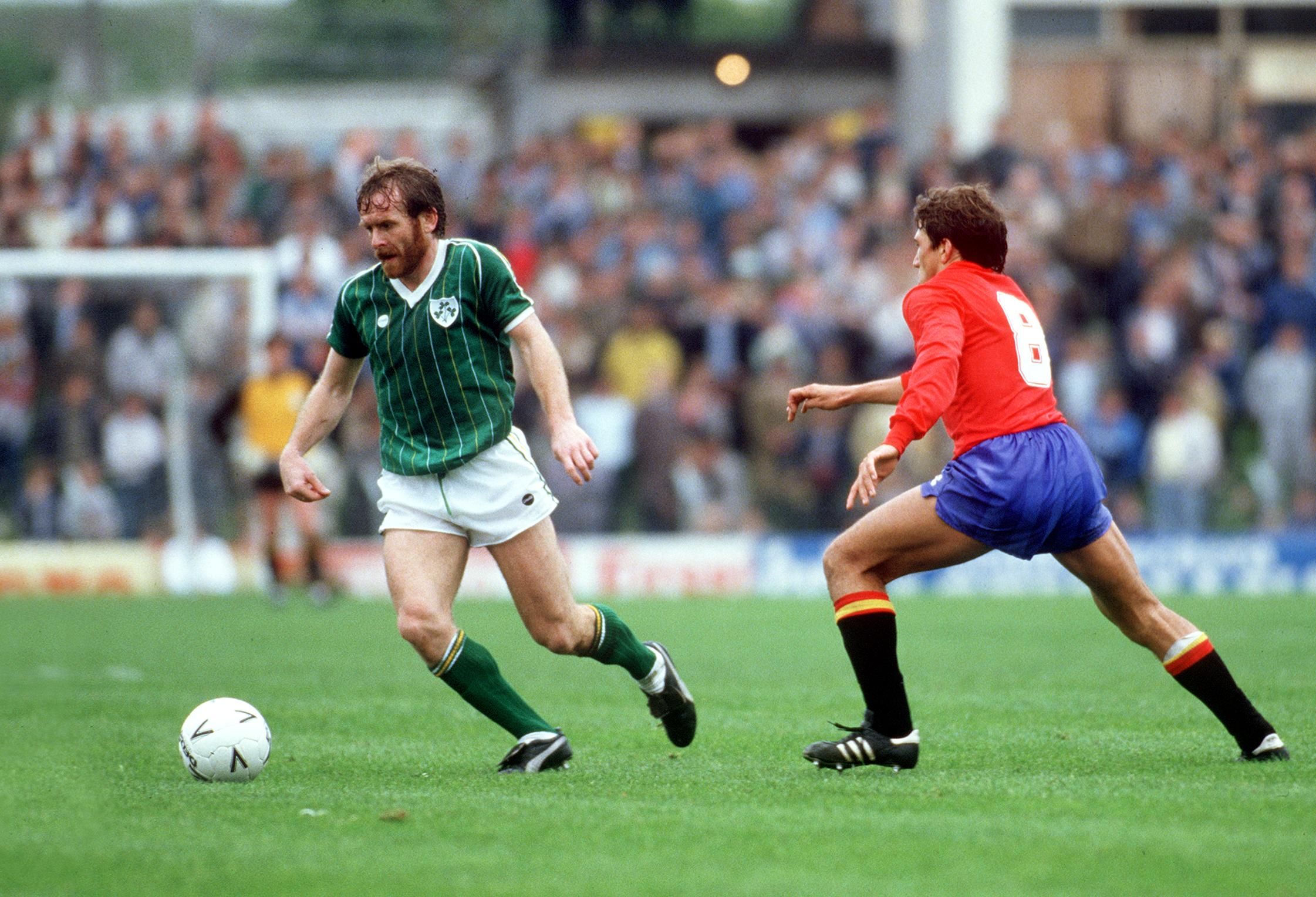
This summer has been different. If sport is primarily about escape, it is about familiarity too. The rules of a game provide the structure and there is comfort in escaping in this orderly fashion.
We make it all part of the ceremony. We call what takes place beforehand pre-match rituals, marking them out as observances that prepare us for what is coming next.
And then we incorporate them into the rhythms of our own life, creating a shape beyond the game which sometimes takes on as profound a meaning.
For some, it will because we did these things as children. We went to the match with our father or mother holding our hand, which in itself provided another layer of comfort and safety, another sense that this is a place where we can escape and belong simultaneously. Sometimes we try and preserve these rituals when we go alone or without the people who at one time we thought would be a constant in our lives.
When Offaly won the All-Ireland for the first time in 1981, my uncle Jimmy turned to my mother and me and, with tears in his eyes, said, “I have to go now.”
My uncles had waited all their lives for Offaly to win an All-Ireland. Jimmy was on the upper tier of the Hogan Stand when Johnny Flaherty scored the goal that beat Galway and that was too far from where he needed to be when the final whistle went. He had to get on the pitch. He had to go now.
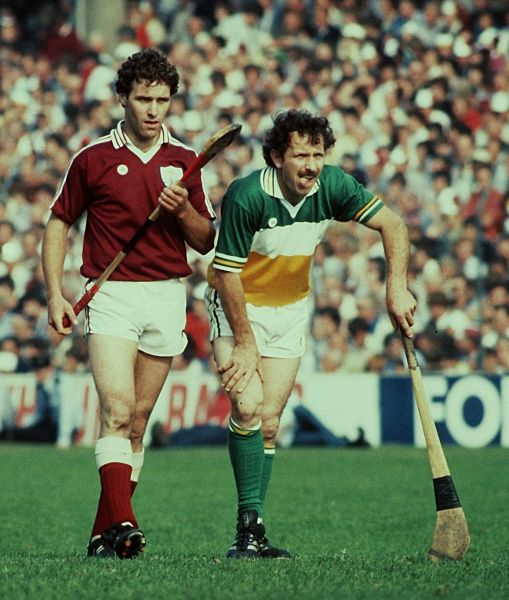
So Jimmy disappeared into the crowd. My mother and I celebrated by waving Offaly flags in the upper tier of the Hogan Stand and I noticed my mother was crying too. Later that night we walked down O’Connell Street and ended up in the Gresham Hotel where we met more people with tears in their eyes.
For a few years, I would go to All-Ireland finals or semi-finals if Offaly were involved in the hurling and sometimes with my father to watch Kerry.
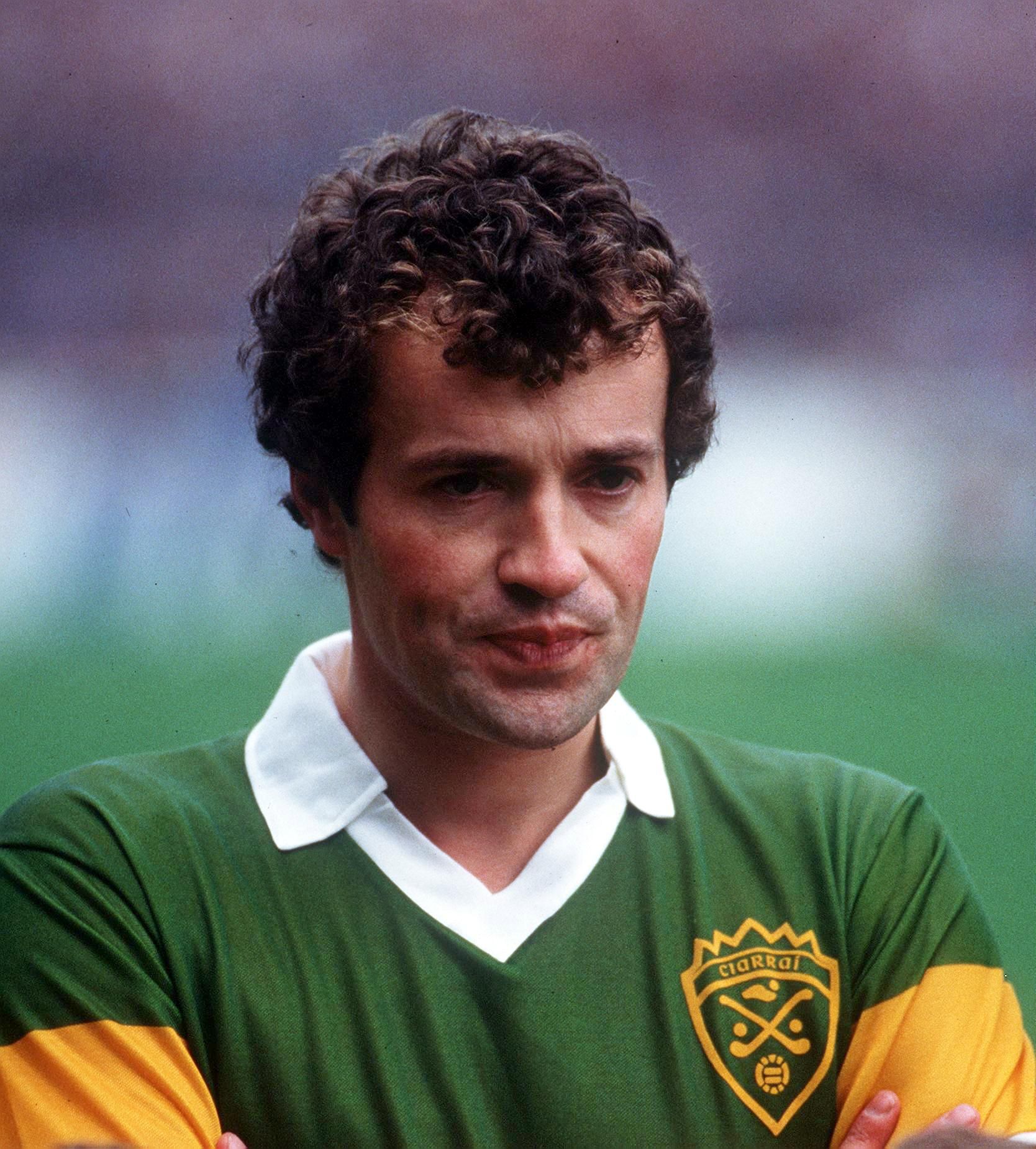
But when I went to school the next day, the talk was only about football - soccer - and that was fine by me.
If I enjoyed the trips to Croke Park, English football was the world that had a hold on me.
From the first time I went to a game in England at White Hart Lane, I loved the idea of living where you could go to these grounds every week and be carried away by this football culture.
When I moved to London in 1996, I was lucky enough to do essentially that for a living but I never lost the sense of wonder. Walking along the narrow streets to Turf Moor or standing in the lobby of the Midland Hotel in Derby where Brian Clough retreated during his time at the Baseball Ground could send me into a reverie about the poor old football men and their lot.
Last March, we left England and moved to Dublin. I’d say move back except my wife is English, my son is two and I’ve been away for 20 years. It’s like living in a country you visited often and liked but now have to get to know in a different way.
One of the attractions about moving back was, of course, to be close to family. My parents aren’t alive anymore but there were plenty of other relatives around, including my uncle Michael. Crucially as it turned out, Michael’s gym is around the corner from our house so a routine has developed. He would call in after a visit, drink tea - the teabag must stay in the cup -. refuse cake before eventually taking some, and talk about everything, but mainly everything to do with sport.

Michael has two great passions: Africa and Offaly hurling. After he was ordained a priest he lived in Kenya and Sudan on and off for forty years and there is a part of him which will never leave Africa.
Michael went to the Notting Hill Carnival one year. At one stage, outside a sound system on All Saints Road, he pointed out to his nephew that he - his nephew - was the only white man in the area. Michael was born in Killyon, Co Offaly in the 1940s so he, it probably goes without saying, is white too, but he doesn’t see it that way anymore. He is an African in many ways, but he also knows the answer if he’s asked, ‘What countyman are you?’ Even when he was in Africa, he never really left Offaly
Michael would tell you, and until this summer I had no reason to doubt him, that he isn’t that interested in Gaelic football. Hurling is his game.
This is all relative. What I have discovered he means is that if there is an U-21 football match taking place in Thurles he would have no interest in going or if there was a weekend of club football on in Offaly, he wouldn’t change all his plans to make sure he can be there.
He wouldn’t express bewilderment if somebody had organised a family gathering which clashed with the All-Ireland football quarter-finals and wonder what goes through the minds of people who do things like that.
But he would consider all these things normal when hurling comes along.
During the cups of tea in our house, Michael would talk about hurling. He would come round to watch matches and tell me about players like Lee Chin or Austin Gleeson.
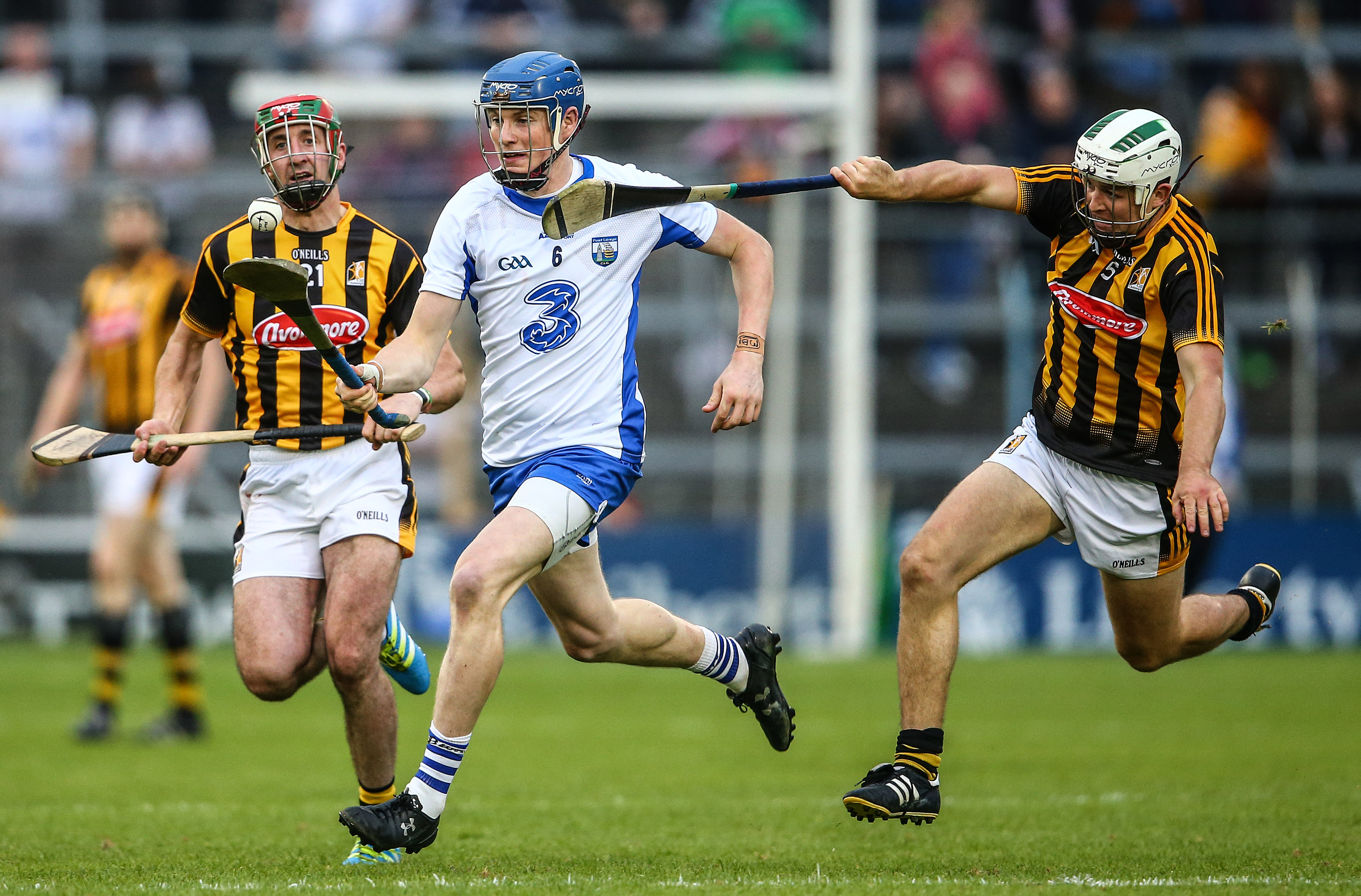
There is nothing jaded about Michael which is why people tend to love him. He never falls into the trap of nostalgia. The day is always met with enthusiasm, especially if it is a day that promises a match as part of it.
And, it turned out, Gaelic football counts too. I had a feeling he hadn’t been totally honest about his lack of interest in the other code when during one football game, he started asking about the referee and why he didn’t know more about him. There was a suggestion that he should have been fully up to speed, like a local government official embarking on a review of some of the more arcane elements of the planning laws and wondering why he hadn't received all the necessary documentation.
He enjoyed my tentative steps into reporting on GAA, but I felt he saw me sort of like Denholm Elliott in Indiana Jones and the Last Crusade, wandering in a bewildered manner down strange streets.
This was perfectly accurate, but there was something familiar when I went to these places even when it was alien.
I asked the man who was getting out of his car in front of me near Pearse Park in Longford if it was ok to park here and only when I went to watch the teams warm up did I realise that this was Longford’s manager Denis Connerton.
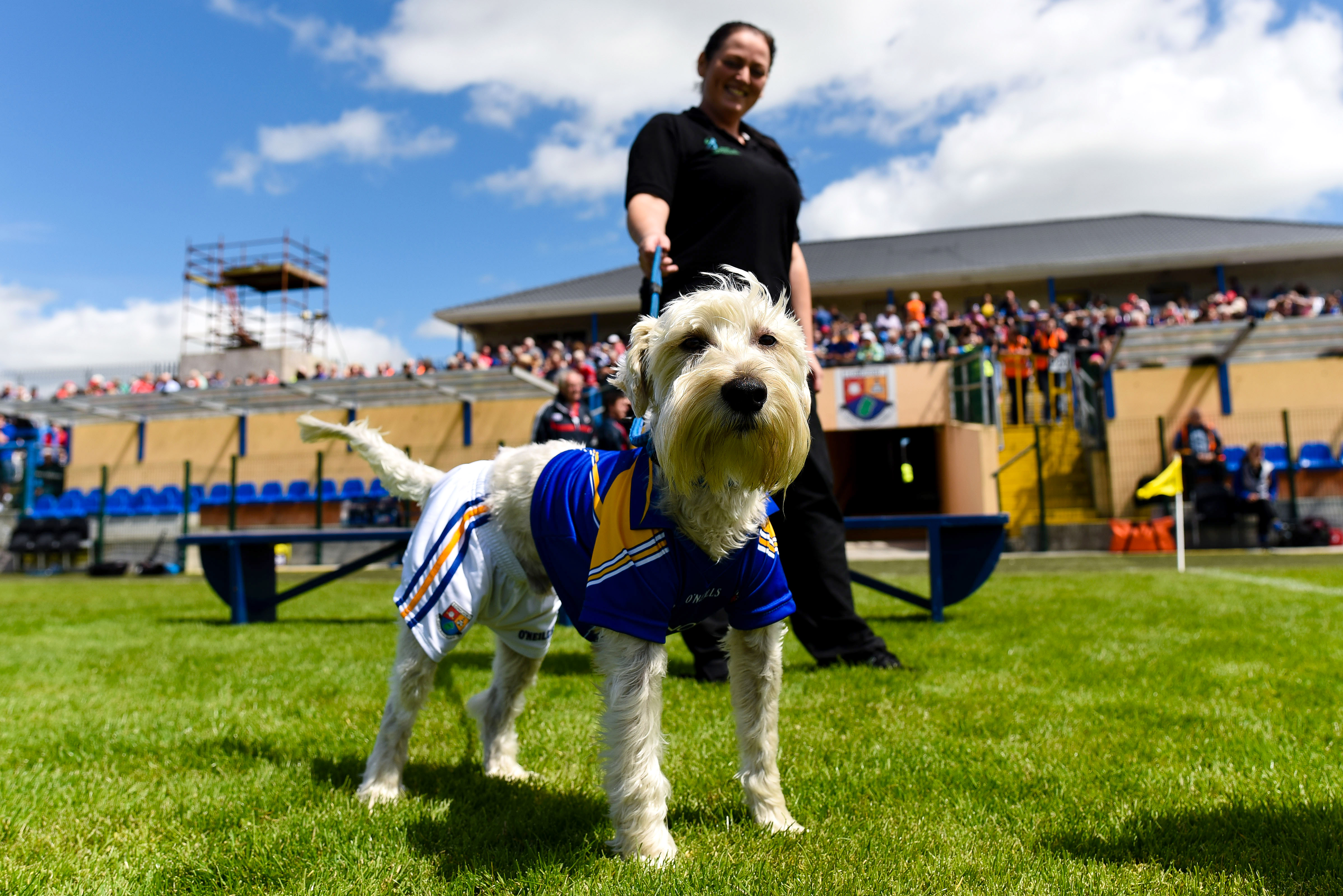
I wasn’t used to a world where you could park beside the manager of one of the teams you were reporting on, but there was something enveloping and comforting too in the things that I had forgotten. The quiet conversations between friends and neighbours which reminded me of those days walking through the crowd to Croke Park holding my mother or father’s hand.
But the GAA would be a village fete if it was nothing more than a gathering of locals. It is something more because of what happens on the field of play and because of how much what happens on the field matters.
Sport doesn’t really work unless the thing we are escaping into can make us forget it’s only a game. Sport works best when it matters to people apart from those taking part which is why the GAA is probably more important than, say, Wimbledon or the Ryder Cup.
Gaelic football turned out to be much more interesting than the people who insist that it’s dead make out. Soon I realised there was nothing wrong that the structures wouldn’t fix and threw this into conversation occasionally.
There were things that took some getting used to as I immersed myself in the summer? Why did the games have to be so far apart? Couldn’t they play each other every week? I soon realised that I was thinking about these matches in the wrong way. They were prize fights, not league games. They were supposed to be epic contests and while they didn’t always turn out that way, they needed the build-up, the sense of gathering expectation which could only work if there was the room to pick up speed. Or else they could do something with the structures.

But that didn’t matter on the days when Tipperary were tearing into Kilkenny at Croke Park or during the semi-final replay in Thurles when Waterford took on the champions in a match which seemed to drain everyone watching it almost as much as it took it out of the players.
These were great matches which I felt lucky to be at, but the games I most enjoyed were the one I watched with Michael, sitting on the sofa as he went through a detailed career history spanning club and county of a Gaelic footballer while insisting it’s not a game he really follows.
Those were the days when I felt I might even be a countyman or have something to contribute to the endless talk of structures. But that can wait for the winter and congress, whatever that is.
Yesterday, even though it was the October 1st, we could pretend it was still summer. On Friday night, I flew from London to Dublin on a flight full of people returning for the replay. There were mothers and sons, fathers and daughters, and Mayo people who knew they couldn’t miss it just in case. And nothing that happened yesterday would make them reconsider the next time round.
And through all that, we just hope the game will set us free. As you get older escape becomes more difficult. Life is tragedy full of joy, Bernard Malamud wrote, and as you lose people or become aware of their fragility, sport becomes a triviality. You cry with your uncles over things that matter a lot more than Johnny Flaherty’s goal.
But sport is a profound triviality. If we are lucky, it transports us to some timeless place where our mother or father is holding our hand and all is well, where our uncles have tears in their eyes because of nothing more important than the result of a match and the summer hints that it might go on for ever. But it never does. I have to go now.
Explore more on these topics: